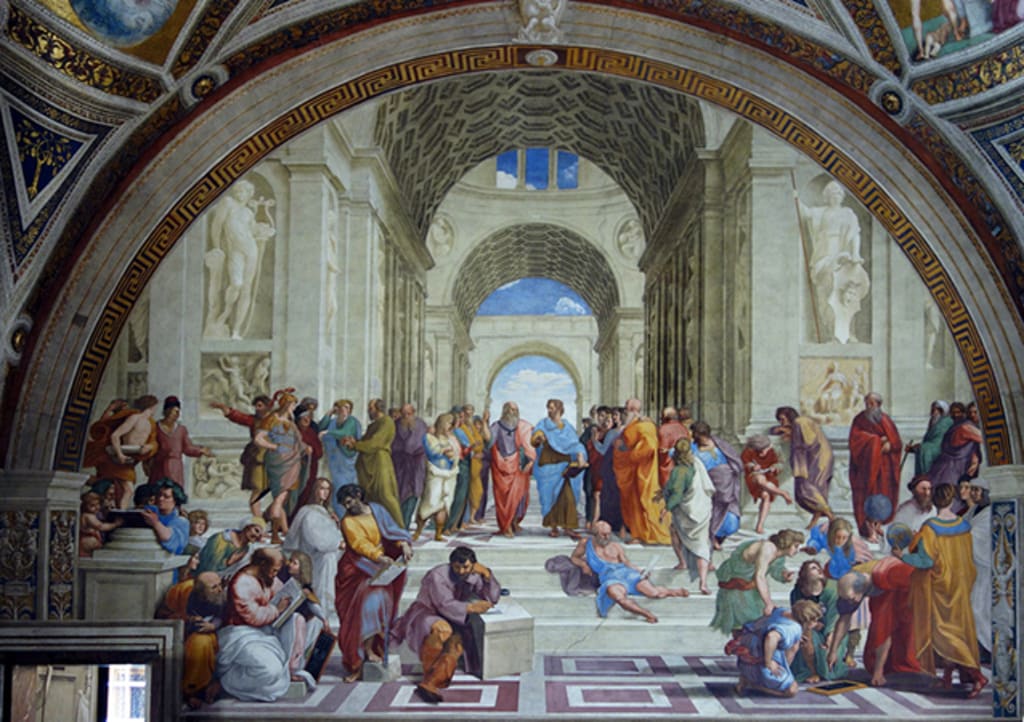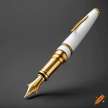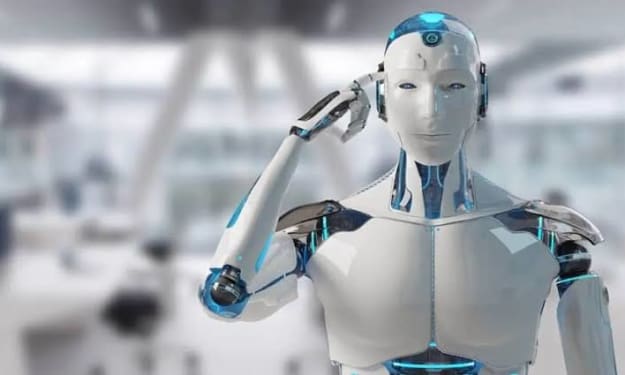The Renaissance
A Cultural Rebirth Shaping Western Civilization

Renaissance, a period of cultural awakening spanning roughly from the 14th to the 17th century, stands as a beacon of human achievement and creativity. Emerging from the ashes of the Middle Ages, this transformative era witnessed a profound resurgence of art, science, and humanistic thought that forever altered the course of Western civilization.
At the heart of the Renaissance was a fervent belief in the power of human potential and the pursuit of knowledge. Artists, scholars, and thinkers across Europe embraced a newfound curiosity about the world and sought to understand it through observation, reason, and experimentation. This spirit of inquiry laid the groundwork for revolutionary advancements in fields ranging from art and literature to science and philosophy.
One of the defining features of the Renaissance was its unparalleled flourishing of the arts. In Italy, the birthplace of the Renaissance, visionaries such as Leonardo da Vinci, Michelangelo Buonarroti, and Raphael Sanzio redefined the possibilities of artistic expression, producing masterpieces that continue to captivate and inspire audiences to this day. From the exquisite detail of da Vinci's "Mona Lisa" to the awe-inspiring grandeur of Michelangelo's "David," these artists pushed the boundaries of creativity and craftsmanship, elevating the status of art to new heights.
Yet, the Renaissance was not merely a golden age of aesthetics; it was also a crucible of intellectual innovation and humanistic thought. Scholars like Niccolò Machiavelli, Erasmus of Rotterdam, and Thomas More challenged conventional wisdom and explored new ideas about politics, ethics, and society. Machiavelli's seminal work, "The Prince," offered a pragmatic examination of power and governance, while Erasmus's "In Praise of Folly" satirized the folly of human behavior with biting wit and insight. Meanwhile, More's "Utopia" envisioned a perfect society based on principles of justice and equality, sparking debate and speculation about the nature of the ideal state.
Central to the Renaissance ethos was the concept of humanism, which emphasized the importance of individual dignity, education, and the pursuit of excellence. Humanist scholars rediscovered and translated classical texts from ancient Greece and Rome, igniting a renewed interest in the literature, philosophy, and art of antiquity. This revival of classical learning spurred a renaissance of thought and creativity, inspiring generations of intellectuals to embrace the ideals of reason, skepticism, and human potential.
The impact of the Renaissance extended far beyond the realms of art and scholarship; it profoundly reshaped the cultural, social, and political landscape of Europe. The printing press, invented by Johannes Gutenberg in the mid-15th century, revolutionized the dissemination of knowledge, making books and ideas more accessible to a wider audience than ever before. This democratization of information fueled the spread of Renaissance ideals across Europe, laying the groundwork for the intellectual ferment of the Enlightenment.
Moreover, the Renaissance played a pivotal role in the emergence of the modern world. It laid the foundation for the scientific revolution, challenging long-held beliefs about the nature of the universe and paving the way for groundbreaking discoveries in physics, astronomy, and medicine. Visionaries like Galileo Galilei, Nicolaus Copernicus, and Johannes Kepler shattered the geocentric worldview of the Middle Ages, ushering in a new era of scientific inquiry and empirical observation.
In conclusion, the Renaissance stands as a testament to the boundless capacity of the human spirit for creativity, innovation, and self-discovery. It was a time of profound transformation and renewal, in which artists, scholars, and thinkers dared to imagine a world beyond the constraints of tradition and superstition. Their legacy endures as a beacon of inspiration, reminding us of the power of human potential to shape the course of history and forge a brighter future for generations to come.
Thanks for reading and please leave a like.
About the Creator
Local Man
I am a dedicated writer known for my versatility and creativity. With a strong passion for storytelling, engaging content across a variety of genres, including articles, blogs, and copywriting.
Enjoyed the story? Support the Creator.
Subscribe for free to receive all their stories in your feed. You could also pledge your support or give them a one-off tip, letting them know you appreciate their work.






Comments
There are no comments for this story
Be the first to respond and start the conversation.